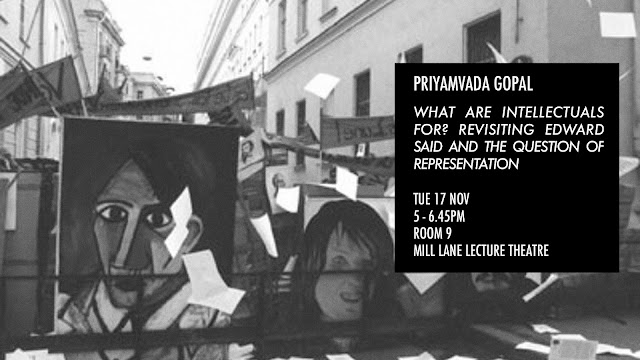SOVEREIGNTY ENISLED
with Stewart Motha
Room 4, Mill Lane Lecture Theatre, Cambridge
Tuesday, 1 December, 2015 @ 5-6:45PM
Tuesday, 1 December, 2015 @ 5-6:45PM
Sovereignty has defied the many obituaries that have heralded its demise or imminent end. Its resurgence might be observed among the erection of borders to limit the movement of migrants, the new nationalisms in Europe, declarations of war and emergency following terrorist attacks, and struggles for economic independence amidst externally imposed austerity measures. In each instance the underlying assumption is that sovereignty represents the possibility of being secure, independent, and autonomous. These measures repeat an archaic belief in the possibility of sovereign solitude – the sense that a sovereign subject or people are capable of being and thriving if they are enisled. The discussion will explore the conditions and implications of such sovereign assertions. We will consider the UK’s expulsion of Chagos Islanders in order to shore-up the security interests of the United States in the Indian Ocean, and Australia’s excision of islands from its territory and internment of refugees offshore. In each instance a sovereign exceptionalism proclaims a self-sufficiency that is undermined by the need for political and legal alibis. Should the political response on the left be based on the essential plurality of being, or another (sovereign) solitude – the sense that the other must remain, as Derrida suggested, ‘wholly other’?
Stewart Motha is Reader in Law at Birkbeck Law School, University of London. He is a critical legal theorist working on sovereignty, violence, and aesthetics. His current research is focused on the Indian Ocean region – including Australia, the Chagos Islands, Sri Lanka, migration and refugees, and South African post-apartheid jurisprudence. He is currently working on a book, Archiving Sovereignty (forthcoming with Michigan University Press).
.
Stewart Motha is Reader in Law at Birkbeck Law School, University of London. He is a critical legal theorist working on sovereignty, violence, and aesthetics. His current research is focused on the Indian Ocean region – including Australia, the Chagos Islands, Sri Lanka, migration and refugees, and South African post-apartheid jurisprudence. He is currently working on a book, Archiving Sovereignty (forthcoming with Michigan University Press).
.
* * *
For more about our upcoming events:

